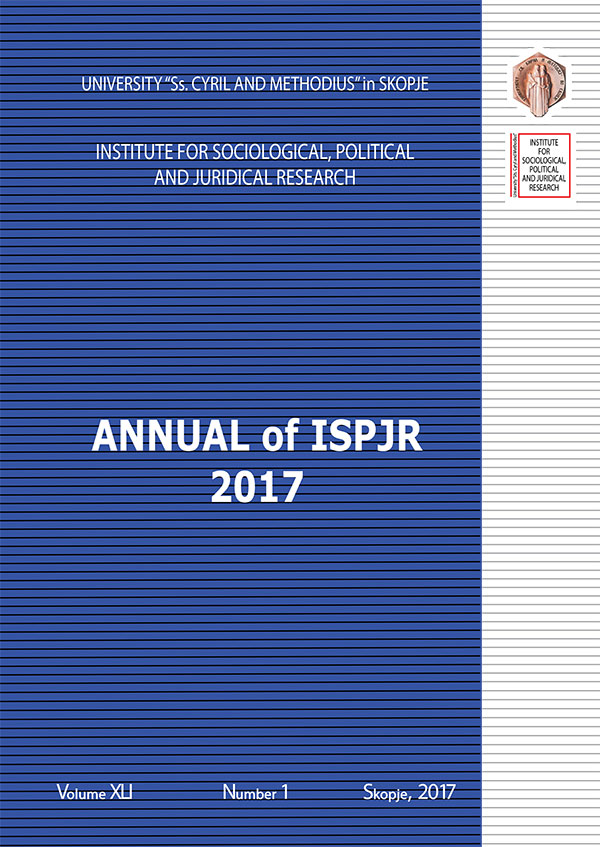ROLE OF RELIGION IN THE ENVIRONMENTAL CRISIS: PART OF THE PROBLEM OR PART OF THE SOLUTION?
ROLE OF RELIGION IN THE ENVIRONMENTAL CRISIS: PART OF THE PROBLEM OR PART OF THE SOLUTION?
Author(s): Nikola GjorgonSubject(s): Christian Theology and Religion, Energy and Environmental Studies, Human Ecology, Rural and urban sociology, Environmental interactions, Sociology of Religion
Published by: Институт за социолошки и политичко-правни истражувања
Keywords: ecology; environmental crisis; religion; sustainable development;
Summary/Abstract: The world is facing numerous challenges, the most prominent being the ever growing world population and the spread of urban areas. In the quest for more food and resources, entire ecosystems are poisoned by pesticides. Man-made disasters have added oil to the fire. Climate Change poses an additional challenge. The key question is which paradigm is responsible for the ecological crisis. A group of authors locate the root causes for the environmental crisis in ethics and argue that humanity’s attitude towards nature depends on its perception of nature. More precisely, the arguments gravitate around the role of religion and, in particular, Christianity. One group of authors holds a view that religion, by establishing a dualistic paradigm that prioritizes humans over nature, is responsible for the uncontrolled exploitation of nature. Another group argues that it is precisely the relativization and rejection of religious ethical and moral values that contributed to the abandoning of the idea of nature as something wonderful and special, which eliminates the sense of responsibility towards nature. This paved the way for mastering over nature. The aim of this paper is to analyze the arguments of two opposing views in order to determine whether religion has a generally positive or negative impact on the environment.
Journal: Annual of the Institute for Sociological, Political and Juridical Research
- Issue Year: XLI/2017
- Issue No: 1
- Page Range: 57-65
- Page Count: 9
- Language: English

